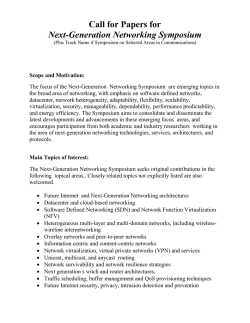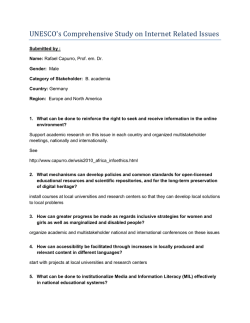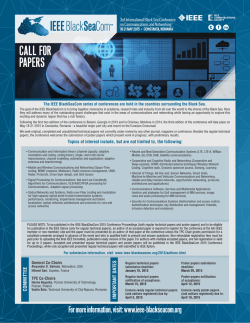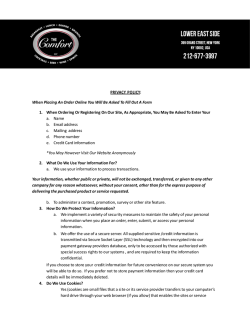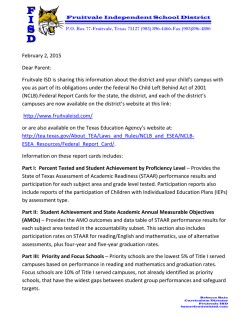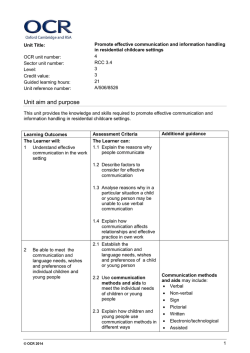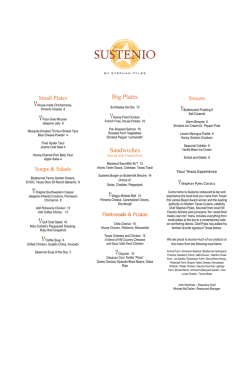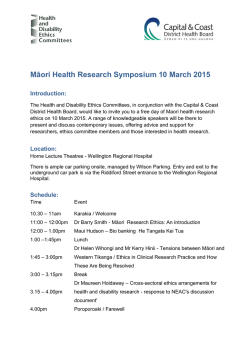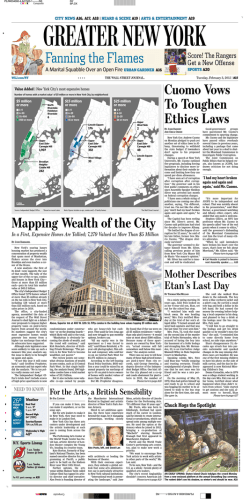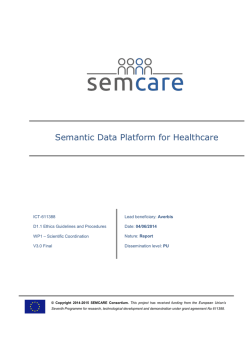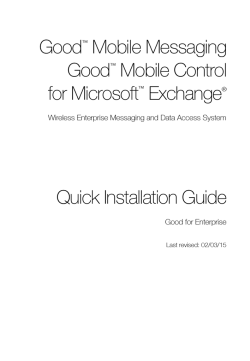
“electronic media” includes all forms of
Personal Use of Electronic Media Policy DH For purposes of this Employee Handbook, “electronic media” includes all forms of social media, such as text messaging, instant messaging, electronic mail (“e-mail”), web logs (“blogs”), electronic forums (“chat rooms”), video sharing web sites (e.g., YouTube), social networking sites (e.g., Facebook, MySpace, Twitter, LinkedIn), and editorial comments posted on the Internet, as well as all forms of telecommunication such as landlines, cell phones, and web-based applications. As role models for the district’s students and as representatives of the district, employees are responsible for their public conduct, even when not acting within their capacity as district employees. Employees will be held to the same professional standards in their public use of electronic media as they are for any other public conduct. If an employee’s use of electronic media interferes with the employee’s ability to effectively perform his or her job duties, the employee will be subject to disciplinary action up to, and including, termination of employment. Employees are responsible for all content present on their personal social networking site or similar personalized electronic media. An employee who uses electronic media for personal purposes shall observe the following: 1. The employee may not set up or update the employee’s personal social networking page(s) using the district’s network; 2. The employee shall not use the district’s logo or other copyrighted materials of the district without express, written consent; 3. The employee continues to be subject to applicable state and federal laws, local policies, administrative regulations, and the Code of Ethics and Standard Practices for Texas Educators, even when communicating regarding personal and private matters, and regardless of whether the employee is using private or public equipment, on or off campus. These restrictions include: a. Confidentiality of student records and information; b. Confidentiality of health or personnel information concerning colleagues, unless disclosure serves a lawful professional purpose or is required by law; c. Confidentiality of district records, including educator evaluations and private e-mail addresses; d. Copyright law; e. Prohibition against harming others by knowingly making false statements about a colleague or the school system. Use of Electronic Media with Students Employees are prohibited from communicating with students through any form of electronic media unless such communication is covered by any one of the following three categories: 1. Communication between an employee and a student where a family relationship (i.e., relation by blood or marriage) exists; 2. Communication between an employee and a student where a social relationship exists which is consistent with the Texas Educators Code of Ethics; or 3. Communication between an employee and a student where the employee is communicating with the student(s) within the scope of his or her professional responsibilities (e.g., for classroom teachers, matters relating to class work, homework, and tests; for an employee with an extracurricular duty, matters relating to the extracurricular activity). Regardless of the relationship between an employee and a student which may permit a communication, any employee communicating with a student(s) shall be subject to all applicable state and federal laws, local policies, administrative regulations, and the Code of Ethics and Standard Practices for Texas Educators, including: 1. Compliance with the Family Educational Rights and Privacy Act (FERPA), including retention and confidentiality of student records; 2. Copyright law; 3. Prohibitions against soliciting or engaging in sexual conduct or a romantic relationship with a student. In addition, the following restrictions apply to those employees communicating with students within the scope of their professional responsibilities: 1. Employees communicating with students through any form of electronic media shall limit the content of such communications to matters within the scope of the employee’s professional responsibilities 2. Communication with students through a social networking page is permitted only if the social networking page is created by the employee solely for the purpose of communicating with students and is accessible to parents and campus administrators. The employee must provide parents with reasonable notice and clear, written instructions for accessing the page prior to initiating communication with any student(s); 3. Employees do not have a right to privacy with respect to communications with students and parents.
© Copyright 2026
